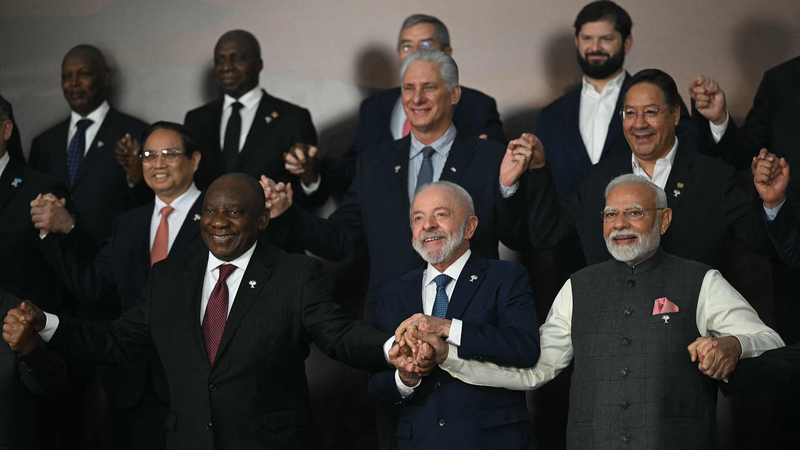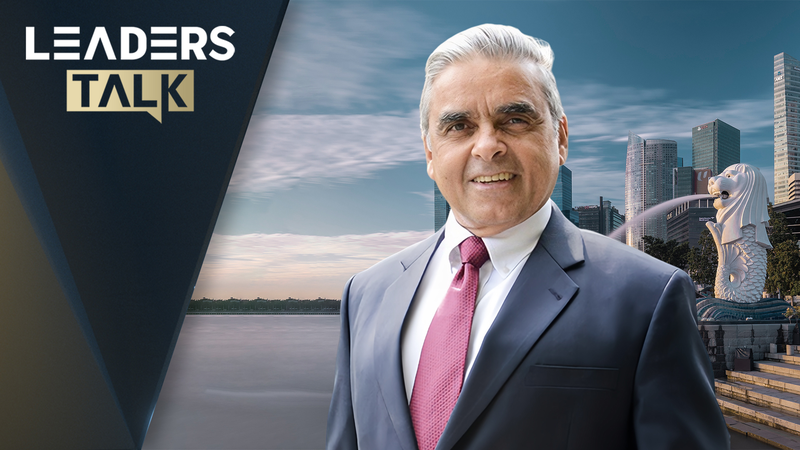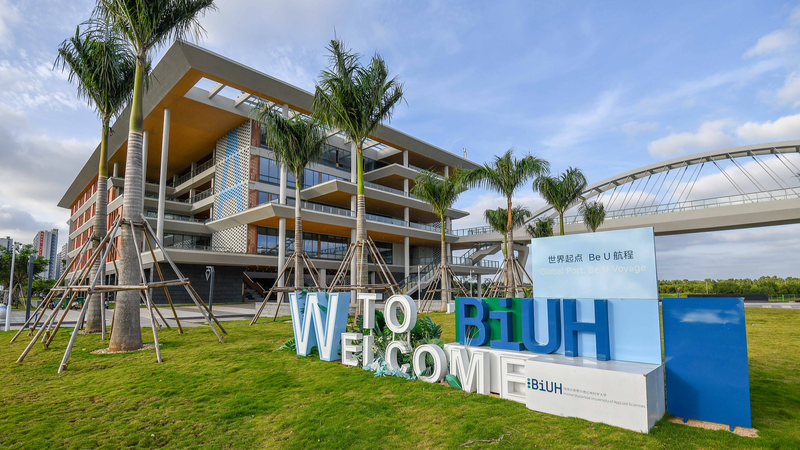As the 17th BRICS Summit kicks off in Brazil amid soaring geopolitical tensions, 11 emerging economies are eyeing a new global order. With a focus on sustainability, finance reform and inclusive growth, this bloc is flexing its collective muscle.
Brazil’s 2025 Presidency: Charting a Bold Course
Under the banner “Strengthening Global South Cooperation for More Inclusive and Sustainable Governance,” Brazil sets two priorities: deepening South-South partnerships and driving social, economic and environmental initiatives. Key pillars include global health, trade and investment, climate action and the ethical use of artificial intelligence.
Numbers That Speak Volumes
Together, BRICS members represent over 40% of the world’s population and GDP, outpacing the G7’s 28% share by purchasing power parity, according to IMF data. This scale gives the bloc real clout to challenge existing power dynamics.
Expansion on the Horizon
BRICS has already welcomed 10 partner countries this year, and 44 more are expressing interest. As membership grows, so does the bloc’s ability to influence trade rules, finance frameworks and diplomatic ties.
Challenges and the Road Ahead
Economic disparities and governance differences remain hurdles, but BRICS is a unique platform for South-led diplomacy. By prioritizing win-win strategies, reciprocity and equity, the bloc aims to amplify the Global South’s voice and build a fairer, multipolar world.
Reference(s):
cgtn.com




